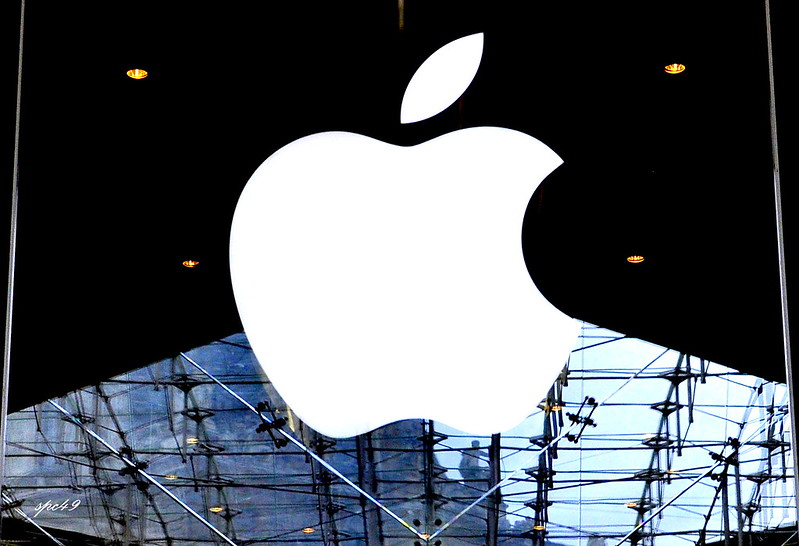Apple has taken a revolutionary step by starting to negotiate rights to their material in the creation of generative artificial intelligence (AI) systems with top news and publishing companies. Insiders claim that the internet giant has offered multiyear contracts for at least $50 million in order to license large archives of news items. Prominent figures including Condé Nast, NBC News, and IAC (owner of People, The Daily Beast, and Better Homes and Gardens) are rumored to be involved in the negotiations, even if the specifics of the talks are still under wraps.
Apple’s Initiative to Use Generative AI
This is a crucial development for Apple as it tries to catch up to competitors in the industry in the battle to develop generative AI, a technology that allows computers to mimic human speech and image production. The foundation of generative AI is made up of neural networks, which use enormous image or digital text collections to identify patterns. Several companies, including Microsoft, OpenAI, Google, Meta, and others, have already made inroads into this market with technologies that have the potential to transform workflows and bring in billions of dollars.
Apple has not been present in public talks on AI, despite competitors making notable advancements in the field. Its virtual assistant, Siri, hasn’t advanced much in the ten years since it was first debuted. Recent discussions, nevertheless, indicate that Apple may be preparing to alter its narrative around AI.
The Publishers’ Dilemma
When Apple reached out to publisher executives, a number of them had concerns about the proposed agreements’ conditions. One area of concern is the conditions of Apple’s original extensive licensing of publishers’ archives, which may have resulted in legal liability. Publishers were particularly concerned about Apple’s unclear approach to generative AI’s application in the news sector, which may be dangerous given Apple’s substantial news readership on its devices.
Publishers are wary of partnering with Silicon Valley behemoths due to the patchy history of business agreements between them and tech corporations. A careful balancing act is required throughout the negotiating process to guarantee that publishers’ worries about potential legal ramifications and the impact on their current companies are sufficiently taken into account.
Apple’s Method: Requesting Authorization
Apple’s strategy entails getting consent before combining generative AI with news material, which deviates from industry standards. Although several publishers considered the terms excessively broad, others saw this as a sign of hope, acknowledging Apple’s endeavor to forge a significant alliance. In comparison, several AI-enabled businesses have been accused of pursuing licensing agreements after utilizing content to train generative models without permission.
Privacy Concerns and Data Accumulation
Apple’s approach to gathering the data needed to develop generative AI products has been affected by its dedication to privacy. Apple has resisted doing so, in contrast to several competitors who have been charged with stealing content from the internet without authorization. Notably, Apple ordered the business to stop gathering data from Twitter after purchasing Topsy in 2013, citing privacy concerns.
News Executives’ Alarms and Caution
News executives are concerned about the emergence of generative AI, believing that tools such as OpenAI’s ChatGPT may draw readers away from more established platforms. Because of the damage that internet competition has caused in the past, print news organizations approach AI partnerships with caution in order to safeguard their current operations.
One major participant in the AI area, OpenAI, highlighted how committed it is to upholding the rights of content creators and expressed hope for finding win-win ways to work together to promote a thriving news ecosystem.
The result of these discussions may change how news is delivered and consumed in the future as Apple negotiates and looks to make a name for itself in the generative AI sector. The IT giant’s foray into this field gives the continued development of AI and its ramifications for the media business a fresh perspective. Keep checking back for more information on this groundbreaking discovery that has the potential to completely change how media and technology interact.
